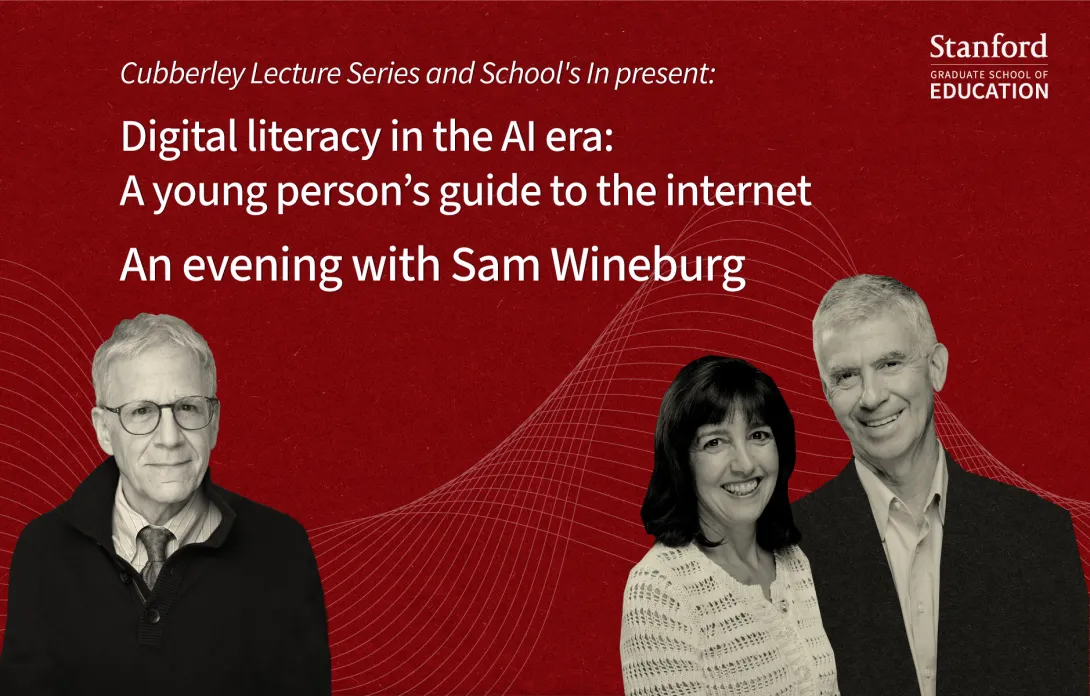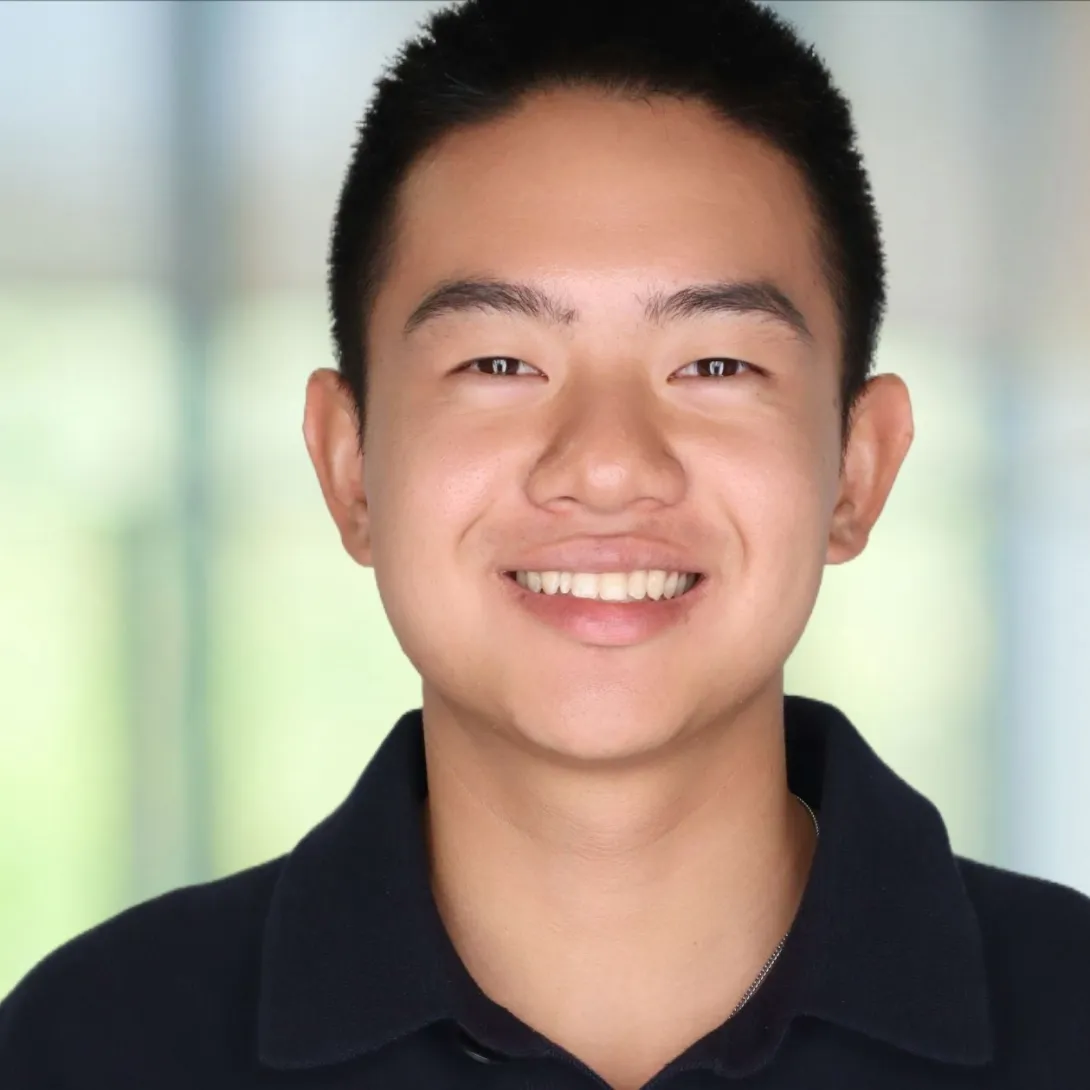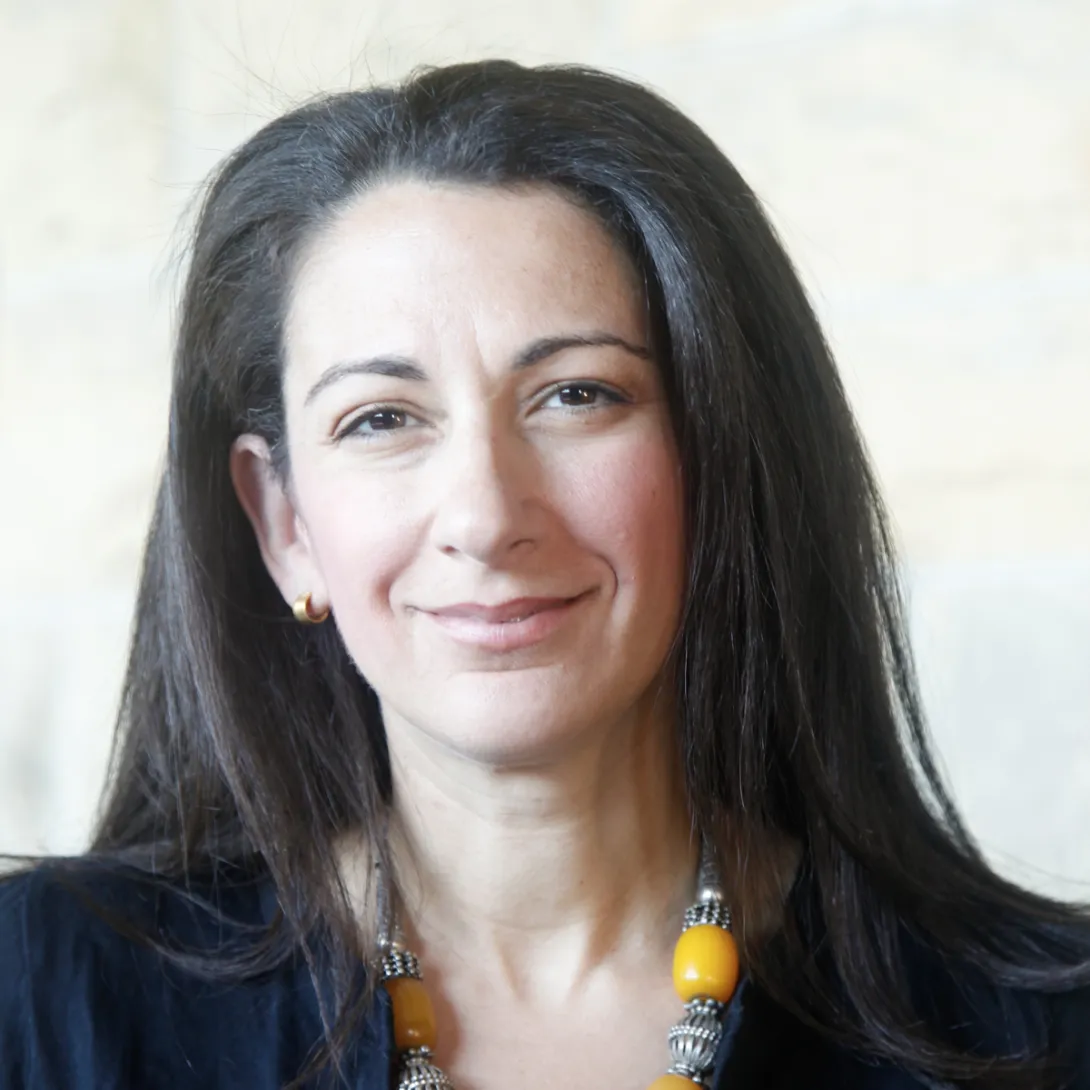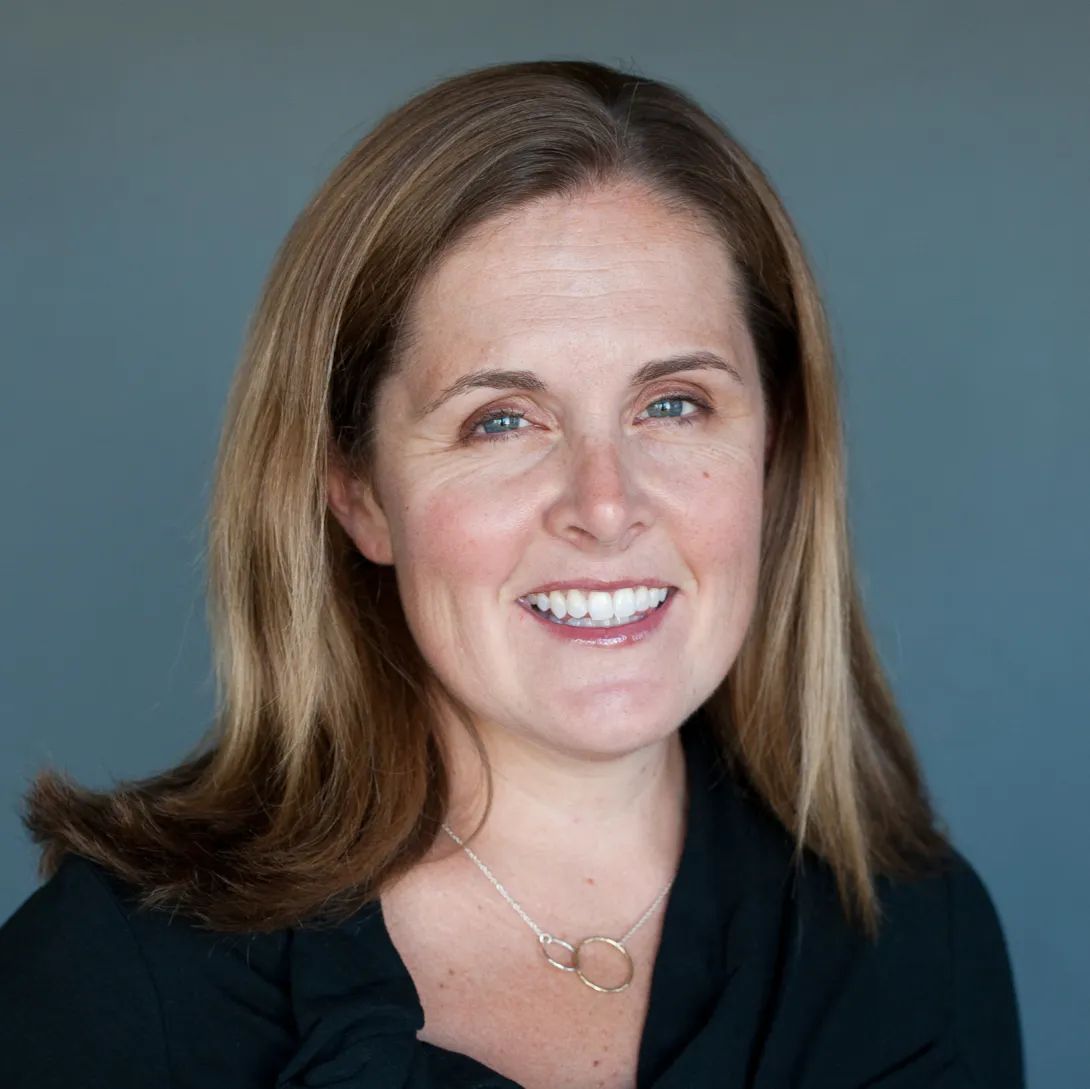
Cubberley Lecture Series and School's In present:
Digital literacy in the AI era:
A young person's guide to the internet
An evening with Sam Wineburg
Professor emeritus, researcher, author, and co-founder of the Digital Inquiry Group
What do young people need to navigate the digital world? How can families and educators support their journey toward becoming thoughtful consumers of information and responsible global citizens? How does AI help or hinder these efforts? Join Denise Pope, Dan Schwartz, and Sam Wineburg for a live recording of School's In and panel discussion exploring these timely questions.
School's In co-hosts
Dan Schwartz
I. James Quillen Dean
Nomellini & Olivier Professor of Educational Technology
The Halper Family Director of the Stanford Accelerator for Learning
Denise Pope
Senior Lecturer
Co-founder of Challenge Success
Guest speaker
SAM WINEBURG is one of the world’s leading experts on how history is taught and learned. Educated at Brown University and the University of California, Berkeley, he holds a PhD in Psychological Studies in Education from Stanford Graduate School of Education. Since the explosion of digital misinformation, Wineburg’s research has focused on how young people decide what to believe online, work that has been featured in The Wall Street Journal, the BBC, Die Zeit, and outlets all over the world.
Wineburg is the Margaret Jacks Professor of Education, Emeritus, at Stanford University, where he founded the Stanford History Education Group (SHEG). In 2024, SHEG spun out of Stanford to become an independent non-profit, the Digital Inquiry Group, whose resources appear on 42 state department of education recommended curriculum lists and are used by over half of American history/social studies teachers.
Wineburg’s academic research has appeared in venues as diverse as Cognitive Science and the Journal of American History, while his public writing has appeared in The New York Times, the Los Angeles Times, Smithsonian Magazine, and more. His first book, Historical Thinking and Other Unnatural Acts won the Frederic W. Ness Award from the Association of American Colleges and Universities. His latest book, with co-author Mike Caulfield, is Verified: How to Think Straight, Get Duped Less, and Make Better Decisions about What to Believe Online. He has won awards from the American Historical Association, the National Council for the Social Studies, and UNESCO, which honored him with its International Media Literacy Award.
In conversation with

ALVIN HONG LEE
Lee is a senior at Stanford University, where he is pursuing a BA in political science. A proud product of California public schools, Lee is founder and executive director of GENup, California’s largest youth-led education policy organization. He has completed internships at the White House, for the Mayor of Los Angeles, and the California Department of Education. Lee is also a former commissioner for California 100 and strategic advisor to the Education Trust West. His work has been recognized by Congressman Ro Khanna and Speaker Emerita Nancy Pelosi.

JANINE ZACHARIA
Zacharia is the Carlos Kelly McClatchy Lecturer at Stanford University where she teaches nuts-and-bolts journalism skills and techniques for understanding the changing news environment, the provenance of disinformation, and the proliferation of fake news. She writes about foreign affairs, the intersection of technology and national security, and media trends for the San Francisco Chronicle, Slate and other outlets. For close to two decades, she led news coverage in the Middle East for The Washington Post, Bloomberg News, Reuters and The Jerusalem Post.

VALERIE ZIEGLER
Ziegler teaches U.S. history, economics, and AP U.S. Government and Politics at Abraham Lincoln High School in San Francisco. In 2008, she piloted the first version of the Reading Like a Historian (RLH) curriculum and continues to be involved in the development process for new curricula and assessments. She has also led efforts to provide professional development for other SFUSD teachers in using the RLH approach. In 2010, she was named one of five California Teachers of the Year and the Gilder Lehrman California History Teacher of the Year.
Know before you go
- Agenda
5:00 p.m. Check-in and reception | Pavilion
5:45 p.m. Auditorium doors open | Hauck Auditorium
6:00 p.m. Live recording of School's In | Hauck Auditorium
6:30 p.m. Panel discussion and Q&A | Hauck Auditorium
7:30 p.m. Event concludes - Recording
This event will not be live streamed. If you would like to request a recording of the program, please complete this form. A video link will be emailed to you within a week of the event at the email address you submit on the form. - Getting here
Ideas for using public transportation. - Parking
Recommended, free parking is located at the Galvez Lot near the corner of Galvez Street and Campus Drive on the Stanford campus. - Seating
Seating is general admission, first come, first served for all ticket holders. The event will begin on time, please allow plenty of time to get to the Traitel Building before the doors open at 5:45 p.m. You must be seated in the auditorium by 6:00 p.m. to secure your place. We will admit walk-in guests to open seats from 6:00 p.m. to 6:05 p.m. - Accommodations
For disability-related accommodations, please contact the Diversity & Access Office by May 5 by calling 650.725.0326 or emailing disability.access@stanford.edu.
Learn about Graduate School of Education's (GSE) signature annual public event, the Cubberley Lecture.
Learn about and subscribe to the GSE's award-winning podcast, School's In.
Learn about the Digital Inquiry Group.
